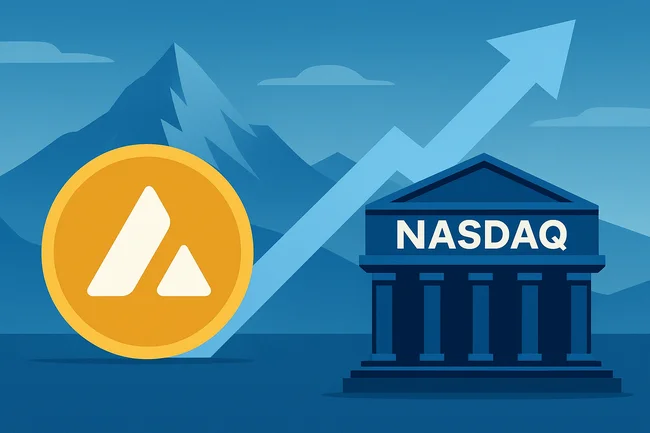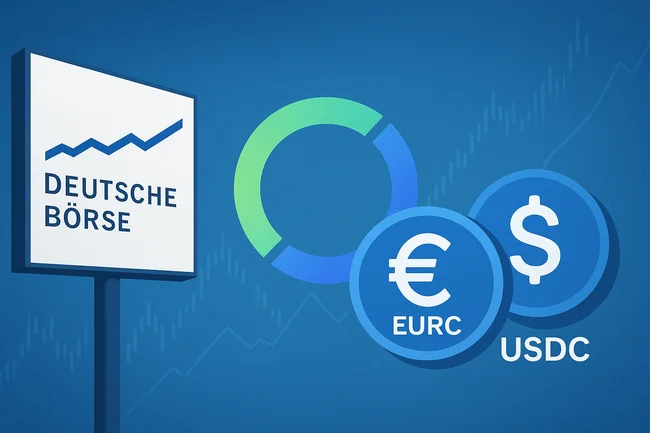Centralization refers to the concentration of control or authority in a single entity or group within a network. In many traditional systems, this means a central authority, such as a bank or government, has the power to manage transactions, validate information, and make decisions.In the realm of digital currencies, centralization can manifest when a few entities control significant portions of the network or its assets. This can lead to a lack of transparency, increased risk of manipulation, and potential censorship.Conversely, decentralization aims to distribute control among many participants, promoting transparency and resilience. Many projects strive for decentralized governance to reduce the influence of a single point of failure.While some argue that centralization can lead to efficiency and faster decision-making, others believe it undermines the principles of openness and fairness that many digital currencies were created to uphold. Balancing these aspects remains a crucial debate in the development and adoption of new technologies.

Avalanche Treasury Co. to Go Public in $675M Deal With Mountain Lake Acquisition
Avalanche Treasury Co. (AVAT), a digital asset treasury company aligned with the Avalanche Foundation, said Wednesday it has agreed to



